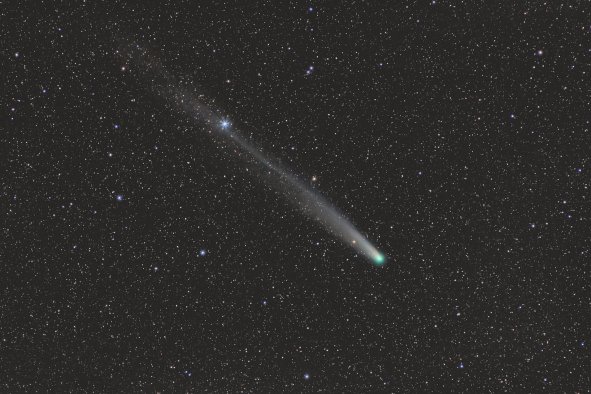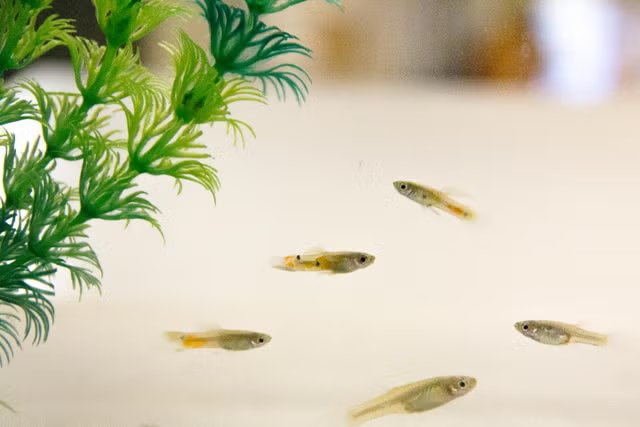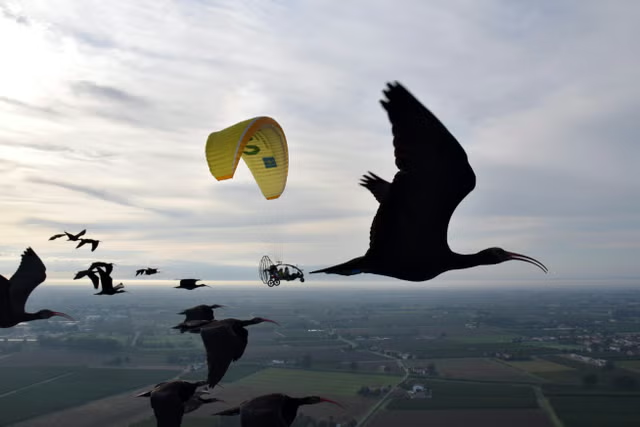Memphis Zoo has successfully produced the first-ever reptile offspring using cryopreserved (frozen) semen and artificial insemination—a major leap forward in reptile conservation science.
On Tuesday, three tiny Louisiana pinesnakes took their first slithers in this world, after more than five years of research that made their births possible. Pinesnakes are classified as threatened by the U.S. Fish & Wildlife Service and may become endangered soon.
"The emergence of these three hatchlings summed up five years of reproductive research and 30 years of Memphis Zoo's use of cutting-edge science and dedication to save the Louisiana pinesnake from extinction," Beth Roberts, senior reproductive scientist at Memphis Zoo, said in a statement.
"This achievement brought us one step closer to routinely integrating assisted reproductive technology into reptile conservation to preserve genetics and save species," she said.
Typically spending most of its time underground in central and western Louisiana, as well as eastern Texas, the Louisiana pinesnake is a non-venemous constrictor. They are dependent on the Baird's pocket gopher as a food source, whose habitat has been gradually eroded ever since the 1930s.
Today, Louisiana pinesnake populations are small and fragmented, making them vulnerable to extreme weather events and disease. As populations have shrunk, gene pools have become too similar, harming the snake's ability to adapt to changing environmental conditions.
The work of Memphis' science team is part of the zoo's ongoing Louisiana Pinesnake Species Recovery Program, a project dedicated to the survival of this imperiled species through innovative scientific methods.
Historically, conservation efforts using "Frozen Zoo" techniques—where genetic material is preserved through freezing—have focused primarily on mammals, birds, and more recently, amphibians, with reptiles often being overlooked.
"I would hail it as an important advance in the conservation of reptiles, which are not normally high on the public's list of species needing protection," Mark O'Shea, professor of herpetology at the University of Wolverhampton in the U.K., told Newsweek.
"In a world where [mammoth-elephant hybrids] are considered a possibility, surely using artificial insemination to reproduce an endangered snake species would seem a no-brainer concept," he said. "Well played by the Memphis Zoo team for starting the ball rolling, but this would, of course, only be possible for species from which sperm has been collected and frozen, so species like the Round Island burrowing boa are still lost."
Despite being unable to revive already extinct species, this latest achievement highlights the potential of biobanking and assisted reproductive technologies to play a vital role in future reptile conservation worldwide.
The zoo's team meticulously collected, froze and later thawed the semen, which was then used to inseminate a female Louisiana pinesnake. The resulting offspring, confirmed to be sired by the donor male through genetic testing, set a new precedent in the field of reptile conservation.
"We see this success as a huge step forward to enable future efforts to improve the genetic health of this species and other threatened reptile species," Tonia Schwartz, associate professor in the Department of Biological Sciences at Auburn University, who carried out the genetic testing, said in a statement.
"Memphis Zoo is setting an example for the global community," Mark Sandfoss, who spearheaded the research, said in a statement. "We've shown that it's possible to use cryopreserved genetic material to aid in the recovery of an endangered species, paving the way for similar efforts with other reptile species in the future."
The zoo plans to continue its pioneering work in reptile conservation, building on this success and collaborating with other institutions worldwide to expand these techniques to other endangered reptiles.
"Today, the future of endangered reptiles got a little brighter," director of conservation & research at Memphis Zoo, Steve Reichling, said.
Do you have a tip on a science story that Newsweek should be covering? Do you have a question about reptiles? Let us know via science@newsweek.com.
Disclaimer: The copyright of this article belongs to the original author. Reposting this article is solely for the purpose of information dissemination and does not constitute any investment advice. If there is any infringement, please contact us immediately. We will make corrections or deletions as necessary. Thank you.



